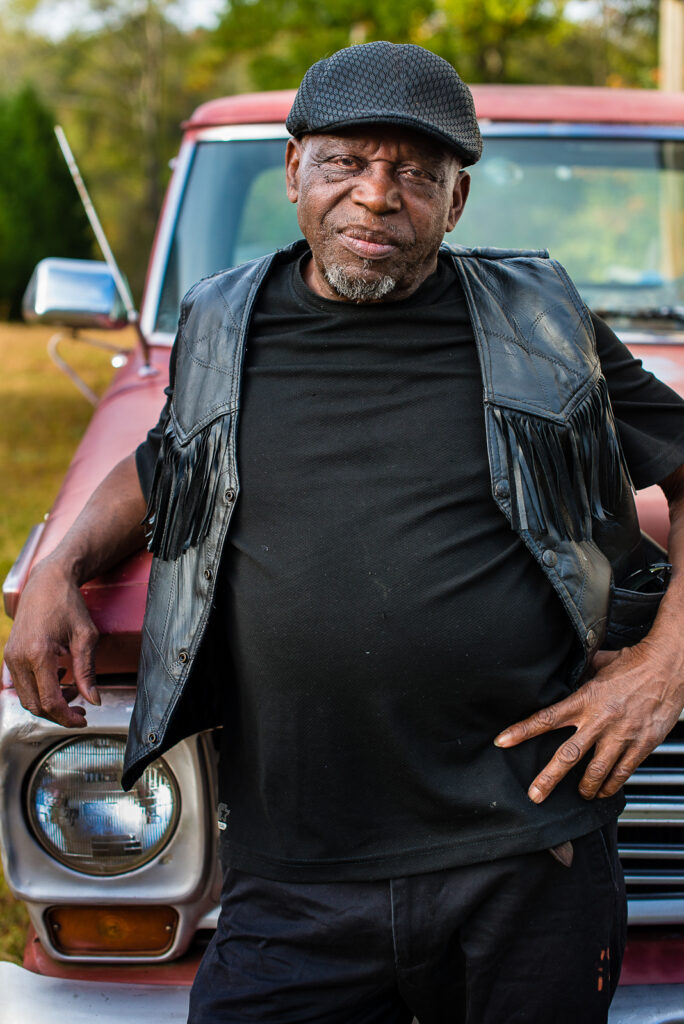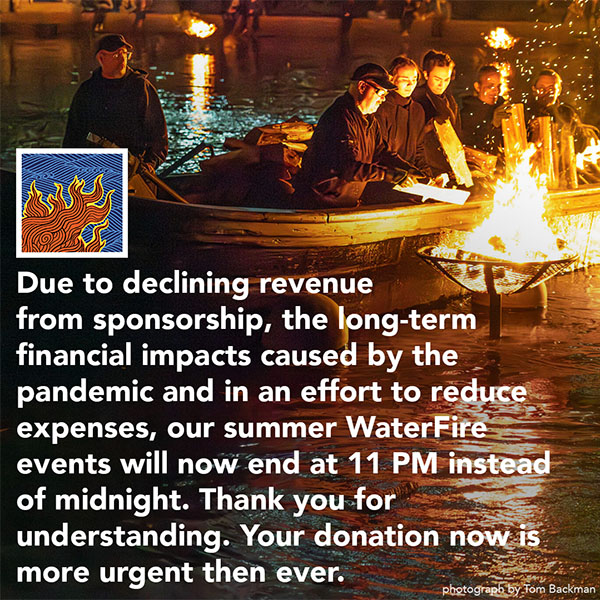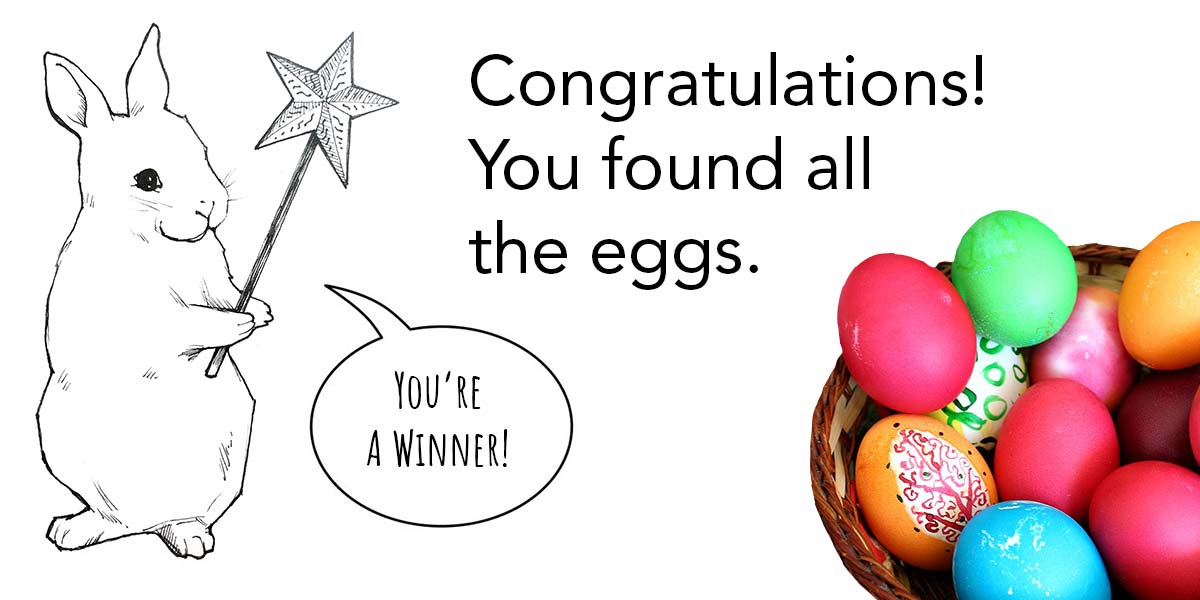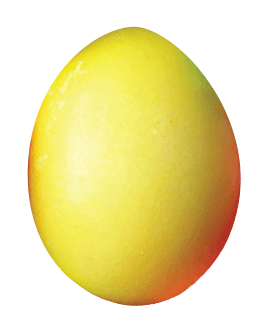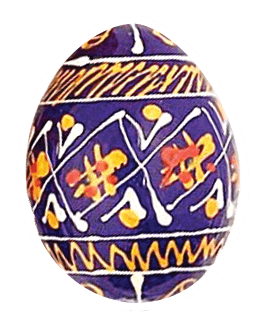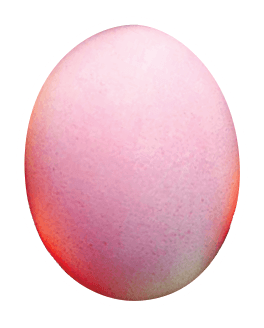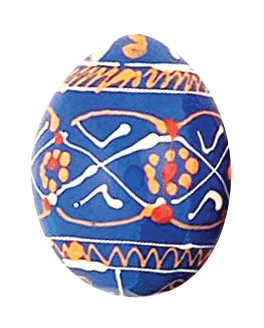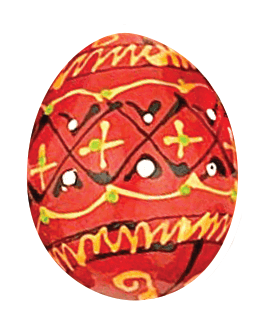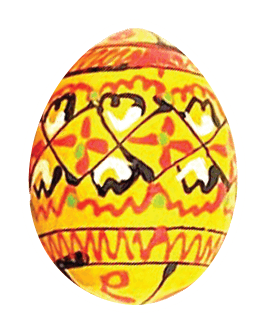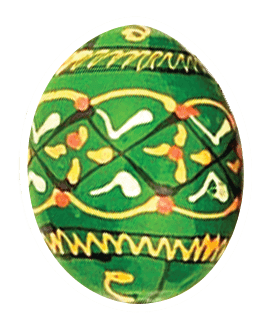It’s a bright fall morning in Courthouse Square, and I’m looking for a place to sit down. Farmers from around Newnan, Georgia, have set up tables – displaying tomatoes and beans, pickles and jellies – and I find an empty spot next to a man on a bench.
Juggling my camera and notebook I sit, and the man and I greet one another. I ask him if he’s from around here.
“I was born in Newnan – this is my hometown,” he says, and he tells me his name is L.C. I ask if he lives nearby and he names an area that I don’t recognize. I ask him to repeat the name and, still unclear, I ask him how it is spelled. He pauses. “I ain’t been to school,” he says; “I went through the seventh grade, that’s all. I learned more stuff out of school. I was raised up on a farm.”
We talk some more, and I explain my work – photographing people, and writing about them – and then I ask if I may photograph him. “You want to take my picture?” L.C. says, then chuckles, demurs. He’s got work to do, he says. He’s not dressed right. He needs a haircut. In fact, he’s been waiting for a chair to open up at the barbershop, and is just about to go over and check. I ask if I can go with him, and he says okay.
Even though almost everyone in the square is white, inside the barbershop – just a block away – everyone is Black. The barber chairs are full, so L.C. decides to wait outside, and I ask if I can wait with him. While we stand we continue to talk, and L.C. fills in a sketch of his young life.
“We were raised the hardest way,” he says, “picking cotton, pulling corn, raising sorghum cane.” He says his mother left him when he was a baby, and he was raised by an aunt and uncle, amid his cousins – fourteen kids total. As he talks I notice that L.C. doesn’t look me in the eye. When I say something he’d like me to repeat, he says, “Ma’am?,” even though he is older than I.
I ask where the family lived, and L.C. tells me they traveled from farm to farm. “I done stayed in a heap of farmers’ houses,” he says. “We didn’t have no house – that’s the way we went. Sometimes we’d wake up in a barn. We done stayed that away until we found another place to stay, you know. Back in them days, folks looked out for you if you had a bunch of children.”
“Other Black folks, you mean?” I ask. “No, the whi – Black folks didn’t have nothing!” says L.C. “They’d be trying to find something themselves.
“They come from slavery time,” he continues, and chuckles again. “My folks come from slavery,” he says. “Everybody you see around here: if they’re living in some broken-down house and can’t hardly make it, I guarantee their people come from slavery.” My head starts to swim, and I think of the slaves who were sold in Courthouse Square, just steps from where L.C. and I first met.
L.C. continues and describes the jobs he’s worked in his lifetime – putting cotton into the hopper at a textile mill, inspecting the lumber at a flooring factory, laying sewer pipe in the road – and I think: Here he is. Here is the man. Here are the hands, the shoulders, the arms, the legs upon which all of this was built.
Now that the barber is finally free, L.C. enters the shop, and I follow him. The television is on, and there are pictures of Barack Obama affixed to the walls. I wait in a back corner while the barber clips L.C.’s hair, trims his beard, and powders his neck. When the barber’s done, L.C. pays him, and I follow L.C. back out into the street. “I thank the Lord for the hair cut,” he says.
I think L.C. is surprised that I’ve stuck around this long, and he finally agrees to let me photograph him. But he says he wants to change his clothes first, and we decide that I’ll get in my car and follow him home. He tells me he lives with his sister, and as I follow him out of town, down a long country road, I try to imagine what the house will be like – wondering if it’ll be a “broken-down house,” like the ones he mentioned. But we turn into what looks like a new subdivision, carved out of farmland: tidy houses along streets with names like Corn Row Court and Corn Crib Drive.
We pull up in front of a gray duplex with an old red truck parked outside. Inside, the house is cozy, with the dining-room table covered by a lace cloth. L.C. introduces me to his niece, who tells him that she’s left a plate of breakfast for him in the microwave. He asks me to wait while he goes to change, and while he does I look around. There on a wall, crowned with a garland of ivy, is a framed photograph of an elderly couple: a man in overalls, a heavy-set woman whose face reflects the girl I’ve just met. The frame is bordered by the letters F-A-M-I-L-Y. There they are, I think. There are the people who moved from farm to farm, with fourteen children to feed and clothe. There are the people who raised him.
After a few minutes L.C. comes out, wearing a neat Black T-shirt and matching cap, and a Black-leather vest trimmed in fringe. He says the vest was part of a bundle of second-hand clothes given to him by a woman for whom he does odd jobs. “I think this might be a lady’s vest,” he says. “But I like it.”
“You look real nice, Uncle L.C.,” says his niece.
The three of us go outside as the sun is starting to set. We make photographs by L.C.’s red truck, and then he asks to have some made by an old Mercury that he loves. While we work, L.C. looks straight into the camera – and finally I can really see him. My heart is getting pulled and I want to stay all evening, but I finish up and thank him and his niece. I tell L.C. that I will bring him a print, and as I drive away I can see them in the rear-view mirror, sitting on their front steps. I cross over Corn Row Court and Corn Crib Drive, and head back toward town.
